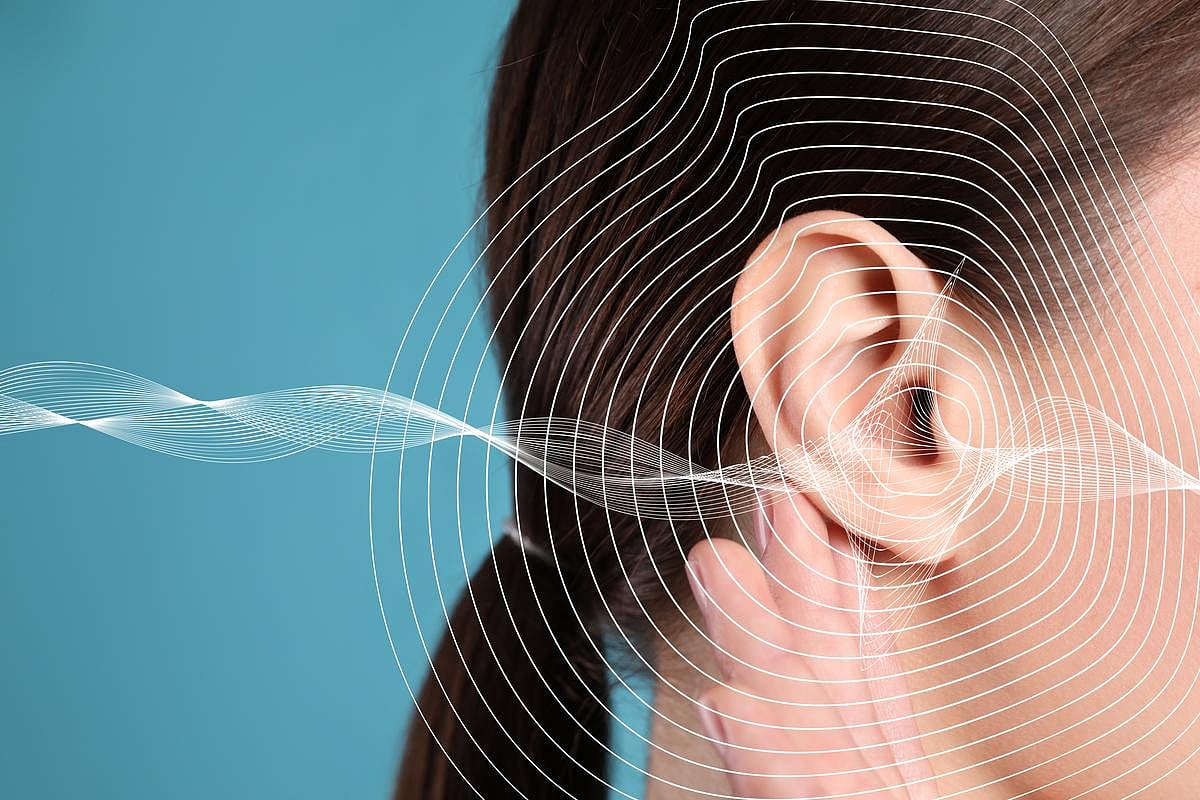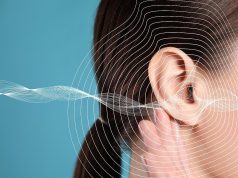Objective measures of pupil dilation and facial movement elicited by emotionally evocative sounds accurately predict scores from subjective self-report questionnaires
By Elana Gotkine HealthDay Reporter
MONDAY, May 5, 2025 (HealthDay News) — For persons with sound sensitivity and tinnitus, accurate predictors of sensory disorder severity can be identified in pupil dilations and facial movements elicited by emotionally evocative sounds, according to a study published online April 30 in Science Translational Medicine.
Samuel S. Smith, M.D., M.P.H., from Eaton-Peabody Laboratories at Massachusetts Eye and Ear in Boston, and colleagues studied 50 neurotypical adults and 47 adults with a combination of sound sensitivity and tinnitus and identified a new class of objective measurement that could predict individual differences in the Tinnitus Handicap Inventory (THI) and Hyperacusis Questionnaire (HQ).
The researchers found that neurophysiological assessment of central auditory gain demonstrated an elevation in adults with tinnitus and sound sensitivity, but there was no association with the severity of symptoms. Pupil dilations and facial movements elicited by emotionally evocative sounds were accurate predictors of individual THI and HQ scores.
“The affective measures described here were noninvasive and could be measured without specialized equipment, suggesting a promising future alternative to subjective self-report questionnaires in clinical settings,” the authors write. “Having identified promising objective measures in our carefully controlled participant cohort, future work will be needed to adapt these approaches to more complex at-risk populations by implementing shorter test durations, lower sound levels, and remote data collection.”
Copyright © 2025 HealthDay. All rights reserved.








